If your home has hard water — water with a high mineral content — as many homes do, you are no doubt familiar with its downsides. Does this sound familiar – spotty glasses, soap that doesn’t lather, dry skin, dull hair, stains on porcelain, and gunky-looking buildup around faucets and pipes. Hard water occurs when there are magnesium and calcium ions present in your plumbing system—hard water may cause a number of issues that while not necessarily unhealthy, can have a negative impact on your quality of life, as well as the health of your plumbing system.
Drinking hard water has no negative effects on your health. Even drinking “very hard” (<100 milligrams per liter) water is not considered a health risk. In fact, calcium and magnesium are important parts of a daily diet, so drinking them can actually have minor positive health effects. Very hard water could actually be a major contributor of calcium and magnesium to your diet, though it may taste or look strange.
Hard water is not typically considered harmful to your health when consumed or used for bathing and cleaning. However, it can have some undesirable effects and inconveniences:
Mineral Buildup:
Hard water contains high levels of minerals, primarily calcium and magnesium ions. When hard water is heated, such as in a water heater or on kitchen utensils, these minerals can precipitate and form mineral scale. This scale can build up in pipes, appliances, and fixtures, reducing their efficiency and lifespan.
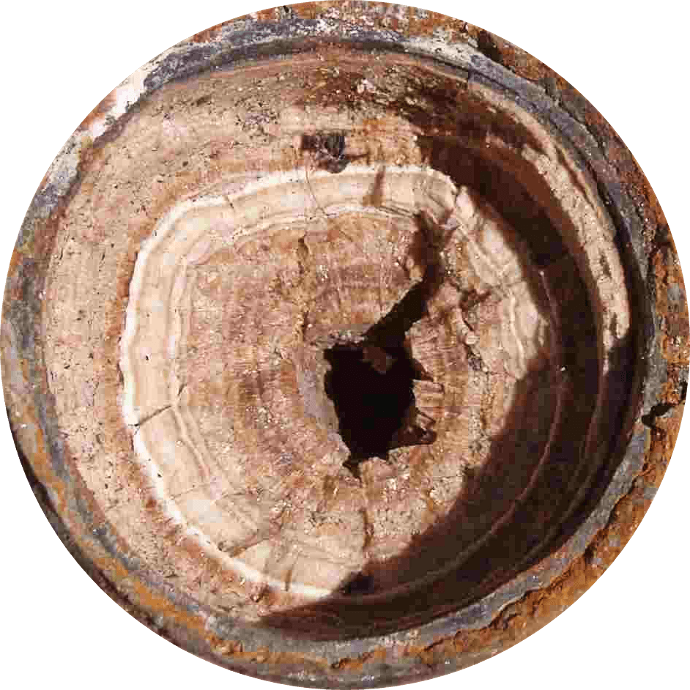
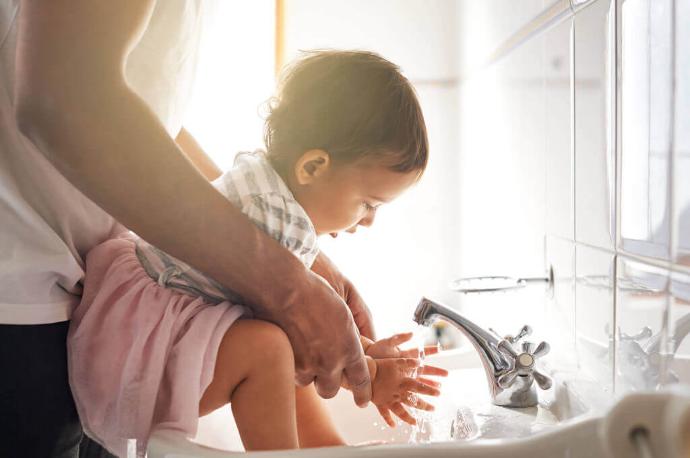
Soap and Detergent Issues:
Hard water can reduce the lathering and cleaning abilities of soaps and detergents. More soap may be needed to achieve the same level of cleaning, which can increase cleaning costs.
Skin and Hair Concerns:
Some people may find that hard water leaves their skin feeling dry and their hair dull and brittle. Soap scum can also accumulate on the skin, making it feel less clean.

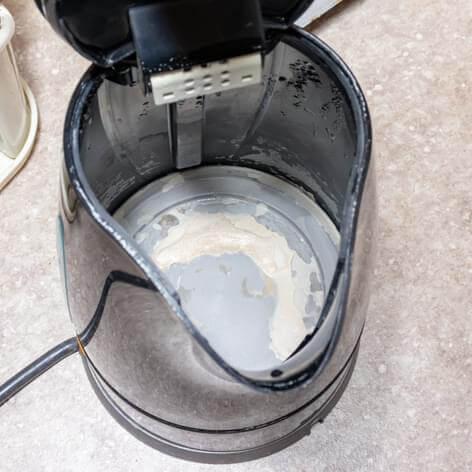
Appliance Damage:
Over time, the mineral scale buildup in appliances like water heaters, dishwashers, and coffee makers can reduce their efficiency and lead to increased energy consumption. In extreme cases, it can cause appliance failure.
Plumbing Issues:
Hard water can lead to plumbing problems as mineral deposits accumulate in pipes, reducing water flow and potentially causing clogs.
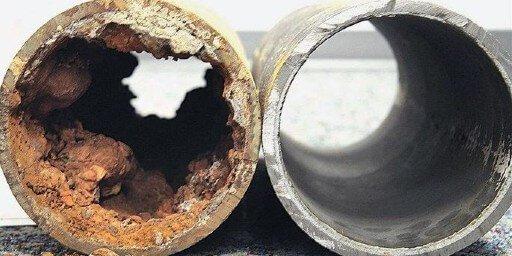
Can drinking hard water cause health problems?
Drinking hard water is generally safe. In fact, it may actually have beneficial health effects. The benefits of hard water include fulfilling your dietary needs of essential minerals, such as calcium and magnesium. Several studies have reported that calcium and magnesium in drinking water have a dose-dependent protective effect when it comes to cardiovascular disease. There is also some evidence that calcium and magnesium in drinking water may help protect against gastric, colon, rectal cancer, and pancreatic cancer, and that magnesium may help protect against esophageal and ovarian cancer. Hard water may also serve a protective role against atherosclerosis in children and teens.
Basically, while hard water can be hard on appliances and pipes, it is not hard on the body, and can actually give the daily intake of calcium and magnesium a nice little boost.
While hard water is generally not considered a health hazard, some individuals with skin conditions or sensitivities may experience dryness or irritation when using hard water for bathing. However, these effects vary from person to person.
To address the issues associated with hard water, you can consider installing a water softening system, which exchanges calcium and magnesium ions with sodium or potassium ions to reduce water hardness. This can help prevent mineral buildup in appliances and reduce the impact of hard water on your skin and hair.
It's important to note that the softened water produced by these systems may have higher sodium or potassium levels, which can be a concern for individuals on sodium-restricted diets or with specific health conditions. In such cases, alternative water treatment methods may be recommended.
In summary, while hard water is not typically a health risk, it can lead to inconveniences, increased cleaning costs, and damage to appliances and plumbing over time. Addressing hard water issues with a water softener or other water treatment methods can help mitigate these problems.
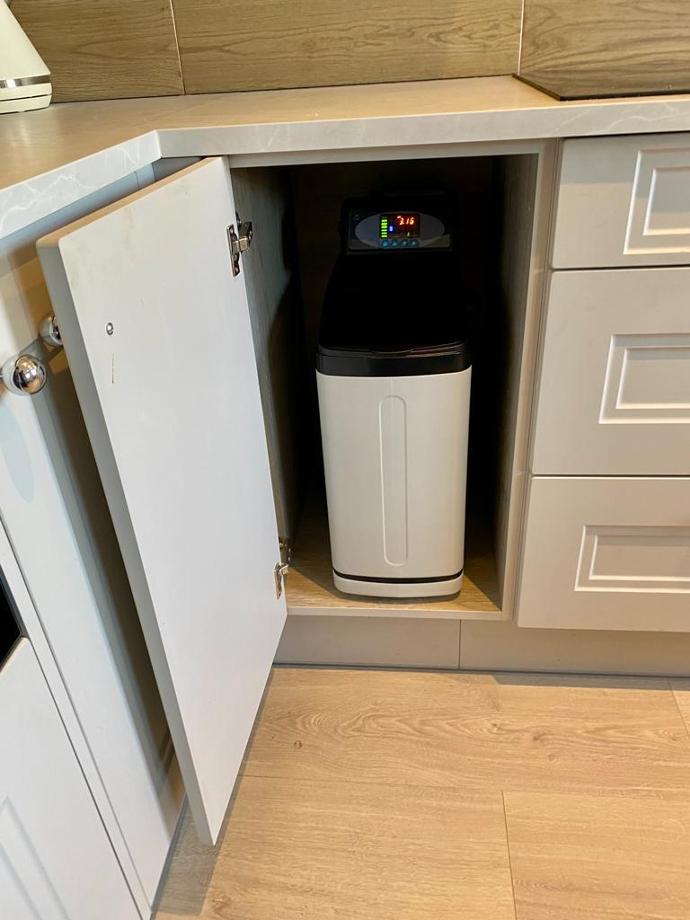
Solutions:
Arkk Eco Water Softener System
Imagine your home with soft water free from limescale.
The Arkk Eco water softener system has been specially designed to protect your family and your home against the damaging effects of limescale in your water.
Is Hard Water Bad For You?